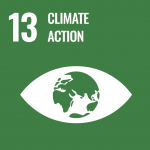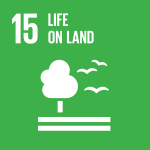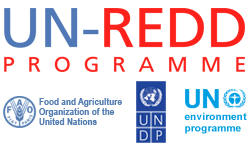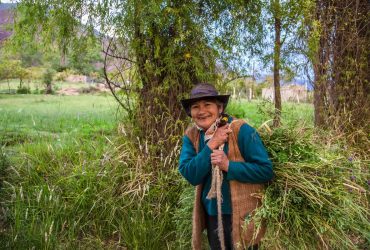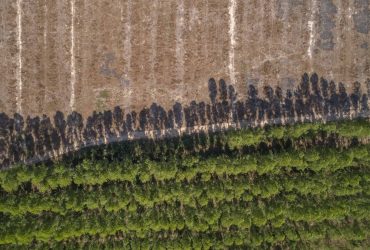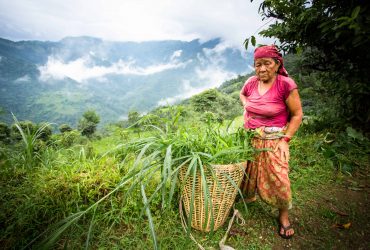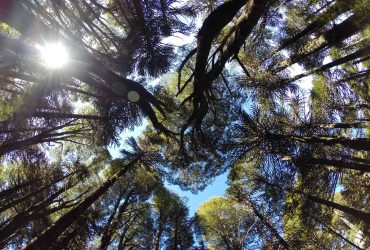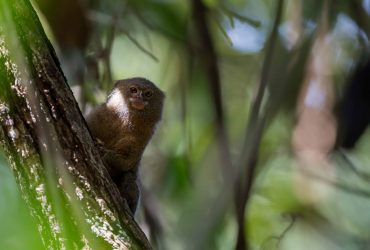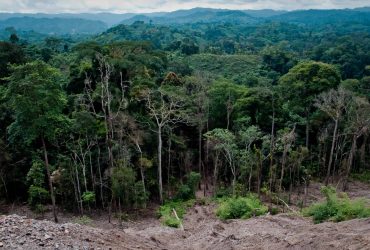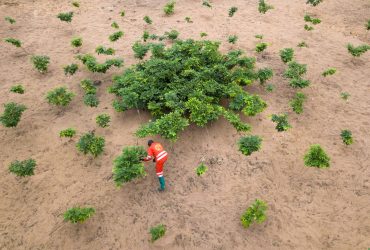


Forest Solutions Realized: In 2022, Papua New Guinea focused on the development of overarching National REDD+ guidelines, as well as Benefit Sharing Distribution System Guidelines (BSDS), Grievance Redress Mechanism Guidelines (GRM), and the Free Prior Informed Consent Guidelines (FPIC). These documents will help guide the development of REDD+ activities, accommodate REDD+ Voluntary Market Projects and relevant initiatives under REDD+ for the country.
The REDD+ Development Guidelines summarize how the government will implement REDD+ at national and sub-national levels, considering the international implementation frameworks. The guidelines consider the following key areas: how Papua New Guinea can nest initiatives into the national reporting framework to the UNFCCC to avoid double counting; a section describing the safeguard requirements that must be fulfilled to effectively participate; criteria against which REDD+ initiatives will be tested; how to manage and report on REDD+ actions in line with the 2015 Paris. Agreement and guidance from the UNFCCC. Importantly, Papua New Guinea began development of Climate Change Carbon Markets (Management) Regulation.
At the end of 2022, the country finalized their second FRL, which was submitted to the UNFCCC. The second FRL is based on historical average emissions with a reference period of 10 years (2009-2018). Considering PNG’s HFLD (High Forest, Low Deforestation) status over the reference period, PNG proposes an upwards HFLD adjustment following the latest ART TREES 2.0 guidelines for HFLD adjustments. UN-REDD is assisting Papa New Guinea as they work to complete TREES Registration under the ART-TREES standards, thus allowing the country to begin ART-TREES monitoring processes. This includes addressing remaining gaps in relation to the ART-TREES. Contributing to the development of national REDD+ guidelines and other guidelines, as well as a submission of PNG second FRL.
Forest Solutions Rewarded: While a specific plan focusing on the development of a draft ART-TREES registration document was prepared for the second half of 2022, underlying compliance aspects and the completion of the registration document is planned for 2023. Progress has been made in the assessment of Papa New Guinea’s eligibility against ART TREES 2.0; this assessment was completed in early 2023. Continued work is necessary to meet the requirements for participation under LEAF.
Forest Solutions Enhanced: Knowledge of Article 6 opportunities and requirements is delayed and will be advanced in 2023.
Technical gaps to fulfill ART-TREES standards and requirements, as well as the other objectives the country agreed to work on with UN-REDD, such as national REDD+ guidelines and the second FREL, required considerable effort and lengthy consultations. To remain on track for TREES gegistration under the ART-TREES standards, the start of 2023 will be used finalize the gap assessment of Papua New Guinea’s eligibility under ART TREES 2.0 and to develop a roadmap to engage with forest carbon markets and access RBF.
Papua New Guinea developed guidelines on FPIC in 2022 to provide guidance on how stakeholders should equally participate in implementing REDD+. The guidelines stress the importance of gender equality in REDD+ and the importance of assuming a gender sensitive approach and upholding the rights of local communities.
UN-REDD support is in synergy with ongoing work under the GCF Readiness project, and in particular, the development of an authorization process to allow the government to screen and monitor climate-related initiatives and investments in REDD+ and AFOLU sectors. Ongoing work includes the development of a NFMS/MRV Dashboard, which will enable green growth in Papa New Guinea to address climate change and conserve biodiversity.
All efforts under UN-REDD in Papua New Guinea contribute to SDGs 13 and 15.
